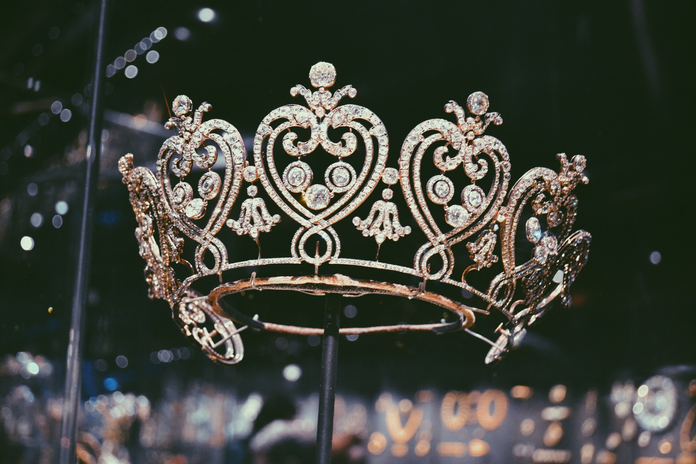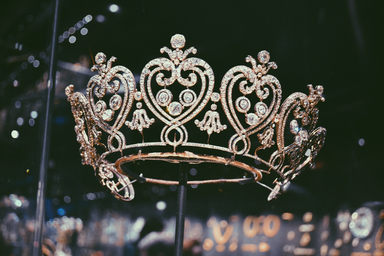The Imperial House of Japan has just lost another family member in its long-standing monarchy.
Four years ago in September of 2017, Princess Mako, the niece of 61-year-old Emperor Naruhito, announced her engagement to her non-royal college sweetheart Kei Komuro. The following three years were filled with controversy and criticisms from Japanese natives. Palace officials also announced that Mako had developed post-traumatic stress disorder as a result of being “unable to escape” the attacks on her, Komuro and their families. However, Mako has said Komuro was “invaluable” to her and that their marriage “was a necessary choice in order to live while carefully protecting our own hearts.”
As a commoner, she is now referred to as Mako Komuro and is the first to forgo the $1.3 million payment that female royals receive after they lose their imperial status by marrying someone outside of royal distinction. Instead of a formal wedding ceremony, the newlywed couple opted for courthouse matrimony and immediately decided to relocate to New York without financial support from the imperial family or the Japanese government. In New York, Komuro works at a law firm after receiving his law degree from Fordham University Law School. Mako, on the other hand, has a master’s degree in art museum studies and has not yet announced her plans.
Much of the controversy surrounding the matrimony of a royal and a commoner is related to a financial dispute over $35,000 between Komuro’s mother and her former fiancé. In April, Komuro released a 28-page statement explaining that his mother had thought the money was a gift and that he would pay to settle it himself.
According to NPR, with Mako’s departure, Japan’s royal family is now down to 17 members compared to 67 in 1945. With only three heirs to the throne, including Mako’s 15-year-old brother Prince Hisahito, the only heir of his generation, Japan is now drawing attention to their looming succession crisis in their monarchy, said to be the oldest in the world. In 2006, legislation was drafted to allow female heirs to be in line to the throne was shelved after the birth of Prince Hisahito, the first male child in almost four decades. In 2012, then-Prime Minister Yoshihiko Noda considered allowing princesses to create their own royal branches and keep their status when they marry, although that effort was shelved when he was replaced by Shinzo Abe.
Many have also drawn comparisons to the dramatic exit of Britain’s own Prince Harry and Meghan Markle. With women in Japan banned from inheriting the throne and Prince Harry placing sixth in British Succession, many say that royals who are not in line to the throne may increasingly see royalty as an unattractive deal. Ken Ruoff, director of the Center for Japanese Studies at Portland State University, predicts “there’s almost no way that Mako and her future husband are going to behave like [Harry and Meghan] after they get married. In fact, I think what’s going to happen is they’re just going to disappear.”
Want to see more HCFSU? Be sure to like us onFacebook and follow us onInstagram,Twitter, TikTok, YouTube and Pinterest!


